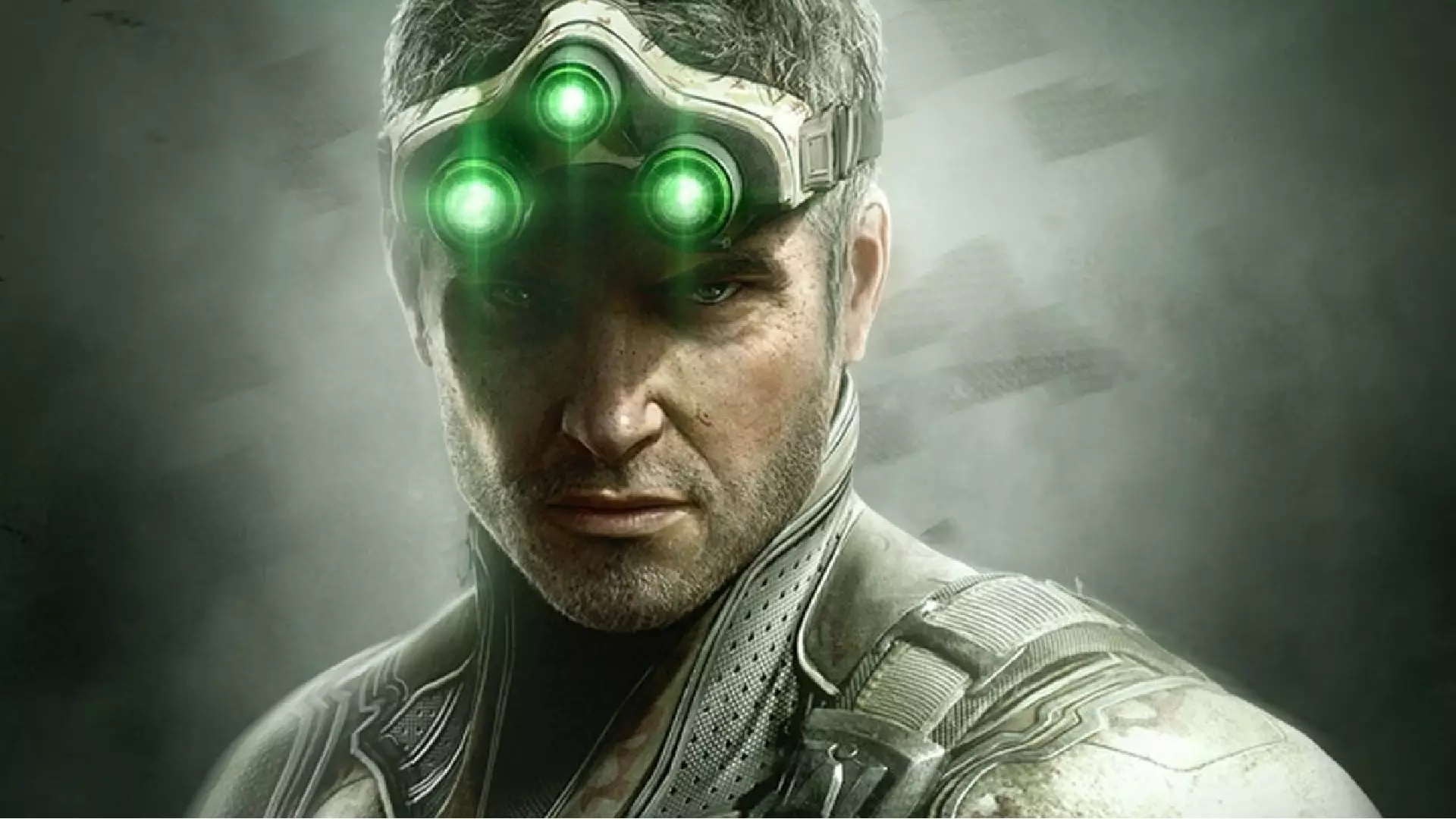In recent years, the gaming industry has been scrutinized for its demanding work structures, particularly the infamous “crunch” periods where developers are pushed to their limits. Clint Hocking’s reflections on his past experiences while leading the development of *Splinter Cell: Chaos Theory* shed light on this dark side of gaming. Hocking, an esteemed creative director, has expressed his firm commitment to avoiding those torturous 80-hour work weeks that almost cost him his health. His statement about “doing three jobs at the same time” illustrates the misguided ambition prevalent in an industry often romanticized for its passion and creativity.
The Toll on Creative Minds
The repercussions of such an intense workload extend beyond mere fatigue. Hocking’s mention of “brain damage” and memory loss starkly highlights the physical and mental toll these work practices can inflict. To many, the notion of sacrificing personal well-being for the sake of a project may seem noble, yet it’s a flawed mindset that has persisted in game development for far too long. It takes courage to challenge the status quo, and Hocking’s resolve to avoid repeating his past mistakes signifies a hopeful shift in the industry. By openly discussing the adverse outcomes of crunch, he serves as a beacon for both aspiring developers and industry veterans, encouraging them towards a healthier work-life balance.
Towards a Sustainable Future
The evolution of Hocking’s role showcases a promising trend towards sustainability in the creative sectors of game design. By stepping back from multitasking and surrounding himself with expert collaborators, he demonstrates the value of delegation over self-imposed overload. This shift not only benefits the individual—preserving mental acuity and creativity—but also the projects themselves, resulting in a more enriched and focused development process. As Hocking himself states, adopting a singular focus as the creative director allows for the cultivation of a community that thrives on expertise instead of a culture of burnout.
Industry Reflection and Progress
One cannot overlook the ongoing discussions surrounding crunch culture that have gained traction over the past twenty years. More developers are choosing to publicly voice their grievances, encouraging a collective rebuke against the exploitative practices that have pervaded the gaming industry. Hocking’s journey resonates with many, raising awareness about the importance of prioritizing mental health without sacrificing aspirational projects. While anticipation builds for new titles like *Assassin’s Creed: Codename Hexe* and the *Splinter Cell* remake, the hope is that the gaming community will cultivate not just great games, but also a supportive and healthy work environment for the creatives behind them.
As the industry moves forward, lessons learned from Hocking’s candid account serve as a compelling reminder of the humanity lurking behind the pixels. It is crucial that the narrative evolves; creativity should flourish, not flounder, under oppressive demands. Every decision made within the industry should reflect a commitment towards sustainable practices, which could lead to innovations that resonate beyond just the latest blockbuster releases. The time has come for gaming to embrace a culture that prioritizes both groundbreaking creativity and well-being—all while breaking free from the shadows of crunch.

